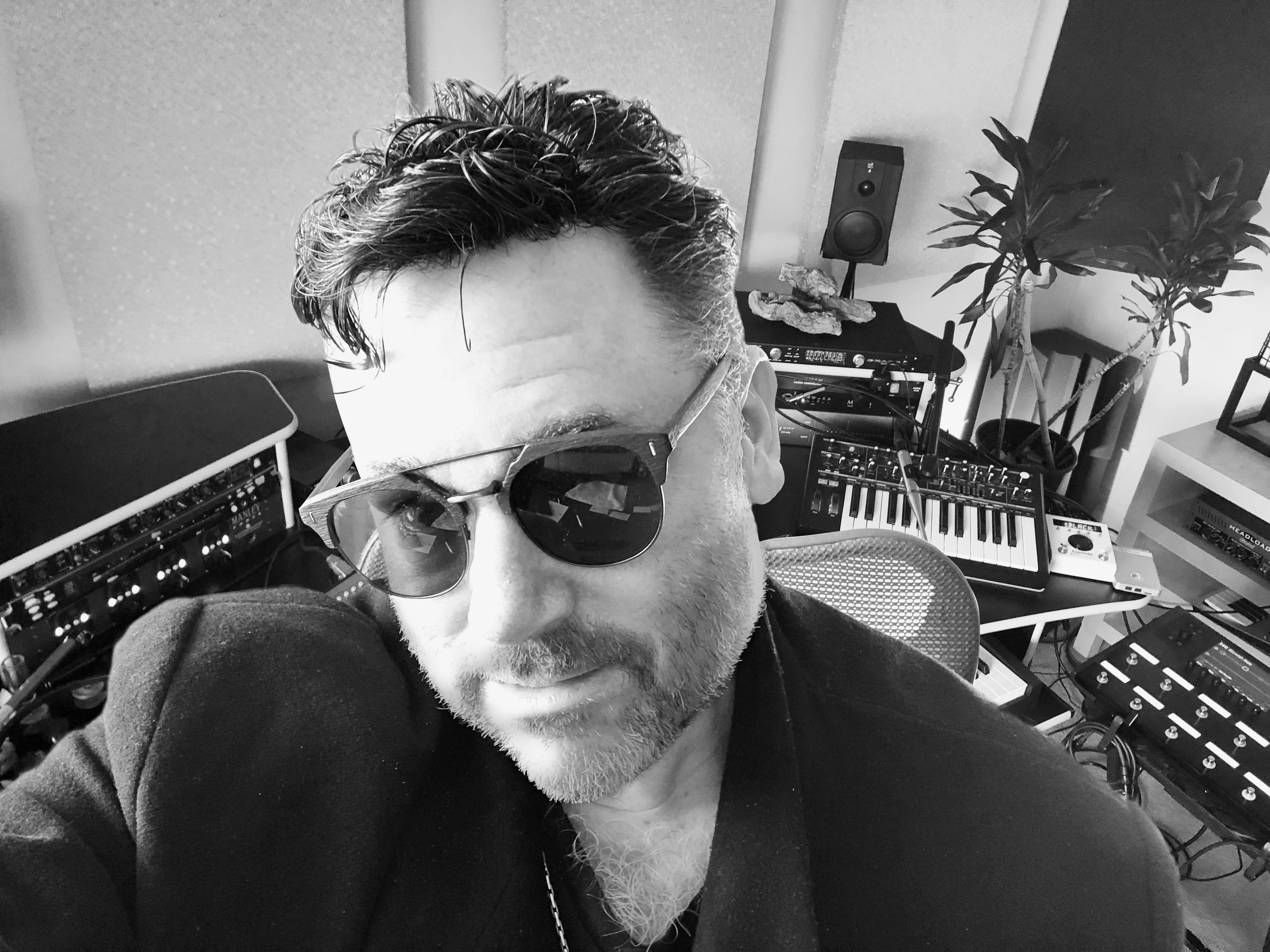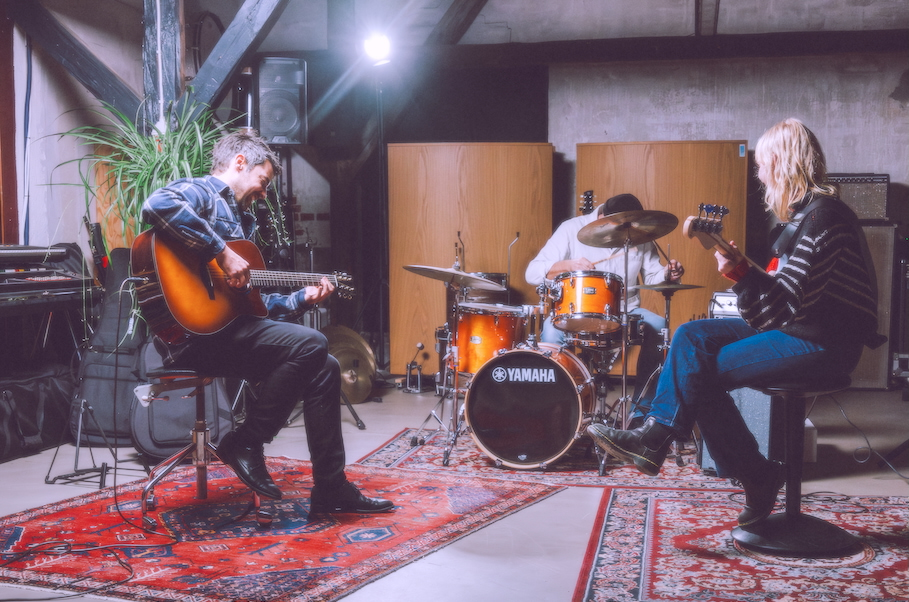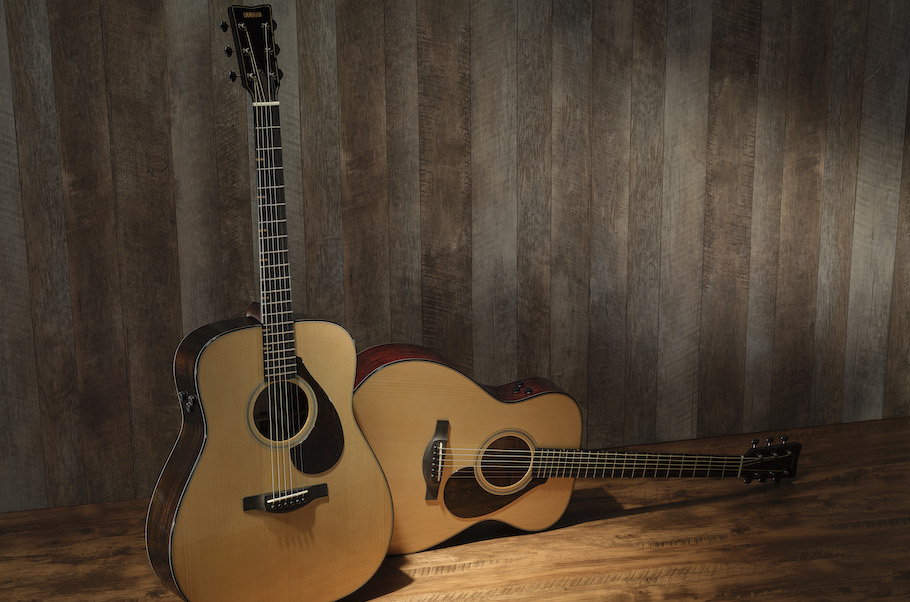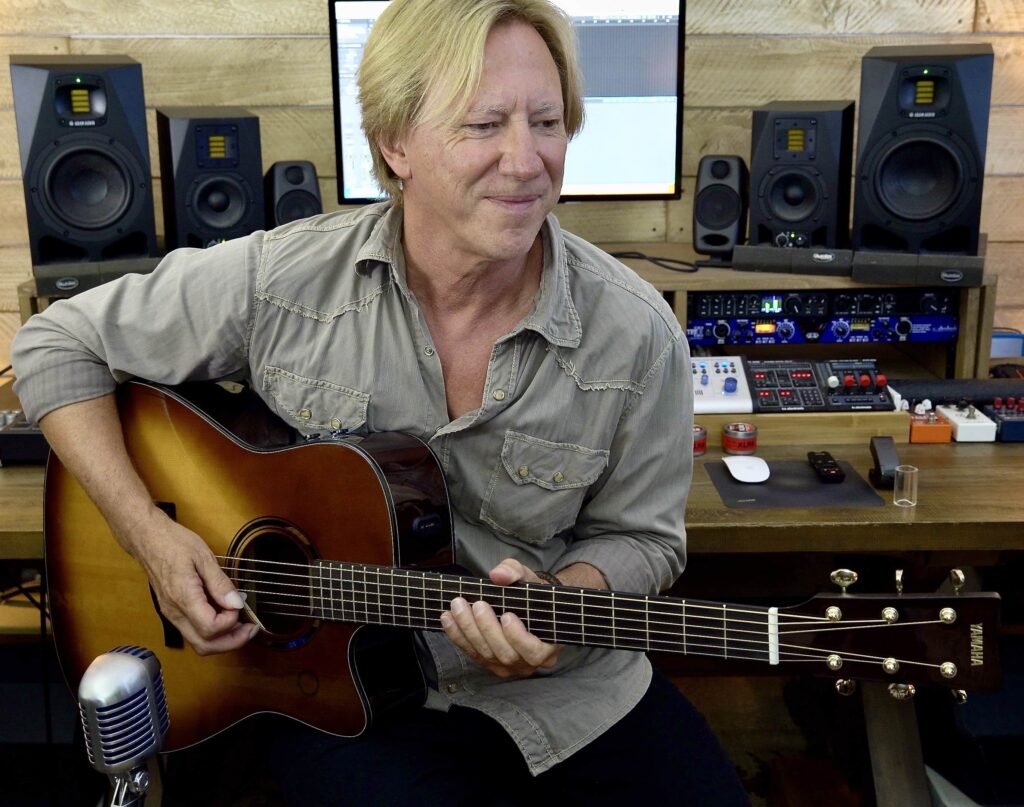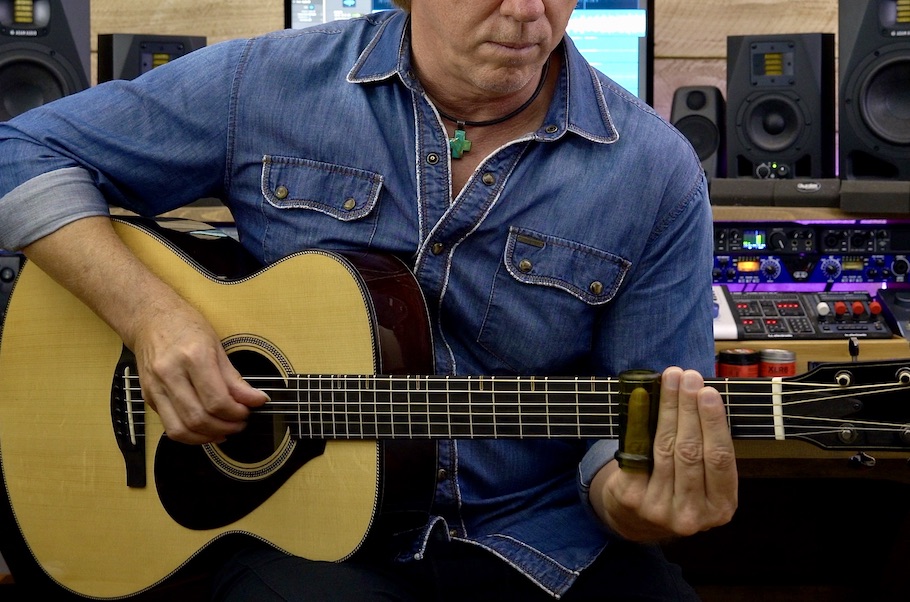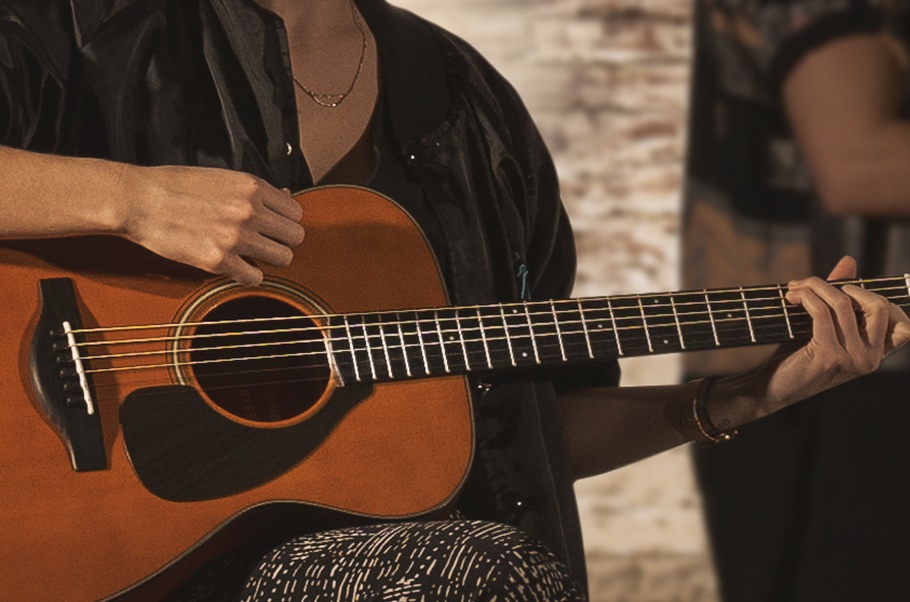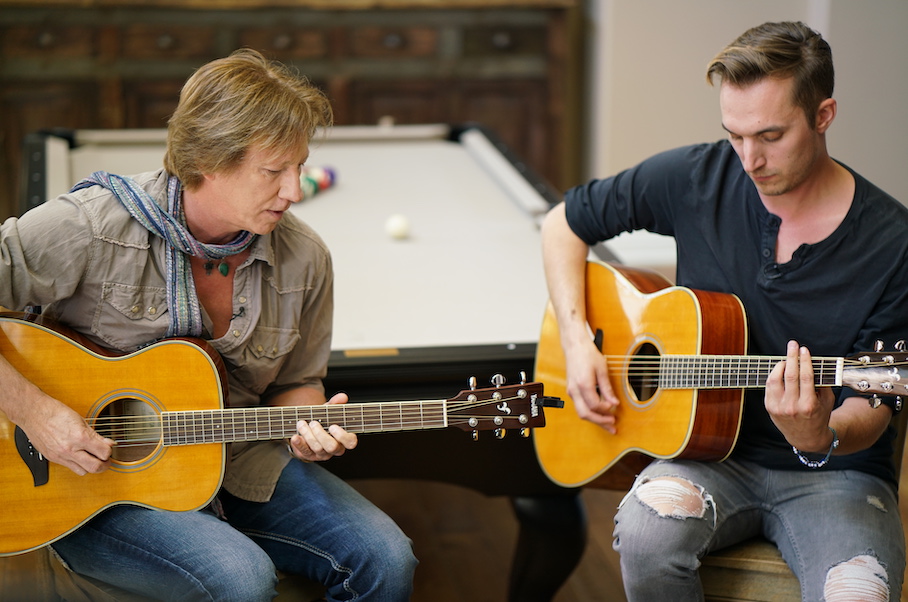It’s About the Vibrations: An Interview With JUNO
Keith Urban’s teaching partner has always been one to carve her own path.
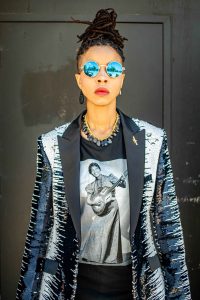
When four-time Grammy Award® winner Keith Urban comes knocking on your door, it’s best to answer! That’s exactly what happened to renowned guitarist / instructor / musician extraordinaire JUNO. With a highly successful online presence and stints playing with artists such as Bruno Mars, Machine Gun Kelly, Fifth Harmony and Camila Cabello, she has always been one to carve her own path.
Now, as Keith Urban’s teaching partner in the URBAN Guitar lesson app (created in conjunction with the URBAN Guitar by Yamaha and available for both iOS and Android™), she has ventured into exciting new territories using her passion, skill and dynamic presence.
I recently had the opportunity to speak with JUNO about her background and her experience working with Keith Urban and Yamaha, as well as her extraordinary insights into the healing power of music. What she had to say was truly inspirational.
RT: How did you first get started playing music?
JUNO: For me, it all started in church. One day, the pastor’s wife wasn’t there, so they just sat me down behind the piano, and I had to figure it out. I just picked up on it, played by ear and learned some stuff. My family was so excited that I was doing this! Every second they could, they asked me to play, sing and perform. I was so embarrassed that I actually stopped for a few years. Later, after I graduated from college, I began playing piano for the gospel choir at Illinois State University.
RT: When did you first begin playing guitar and why?
JUNO: My first job was an internship at a drug rehab facility and my first client was this 15-year-old heroin addict who was obsessed with the guitar. He would play Lil Wayne songs and hip-hop on the guitar and mash it up with Jimi Hendrix. I thought that was so cool! I had never heard or seen that before. Everybody was scared of him but I’m from Chicago, so I was like, “You send that boy to me!” (Laughs) I thought by entering his world of the guitar, it would change his life, but to my surprise, learning to speak his language changed my life.
So I started playing guitar and the first song he taught me was “Purple Haze.” It was a challenge but we were bonding and I saw how he smiled and how his eyes lit up when we played together. He was letting me into his world and the language we were speaking was a neutral ground. I felt like I was accomplishing something and I could feel a passion for the guitar too. I literally had never felt anything like it before!
After that, I went to Berklee for awhile even though I couldn’t read music and had no idea what a scale or a key signature was. These were all completely foreign to me. But when you’re coming up in church, you actually do know it; you just don’t know that you know it. I was learning to form a vocabulary around things that I understood conceptually — I just didn’t have a language for it. When I heard the different scales, I made associations with the concepts. I started to sit outside the rooms where the guitar classes were being held and recorded them on my phone. I was an audible learner, not a visual one, so I took it all in and made the best of it. I just did it my way.
My history with guitars is very random and unchosen. Whether it’s a crappy guitar or the best one I ever played, I adapt and try to get the most out of each of them. I have to make it sound good and feel good for me. That’s what I love about the guitar — it’s so diverse, depending on the one you’re playing and the style you’re playing in. It’s really coming from your soul, your perspective and your experience.
RT: How did you come to collaborate with Keith Urban on the Lesson app and what has the experience been like?
JUNO: So many of my opportunities have come from social media. I got a DM from Keith Urban’s team, who probably saw some of the videos I have up on YouTube, and it all started there. I was just floored because I grew up listening to country music and I loved Keith Urban. It was a full circle moment because I realized he wouldn’t have anybody teaching with him that didn’t add value to the project. I felt like I could exhale and say, before I leave this earth, I’m getting to be a part of something that’s going to pour into the next generation … and when I’m not here any longer, it will still be here. It’s truly an honor.
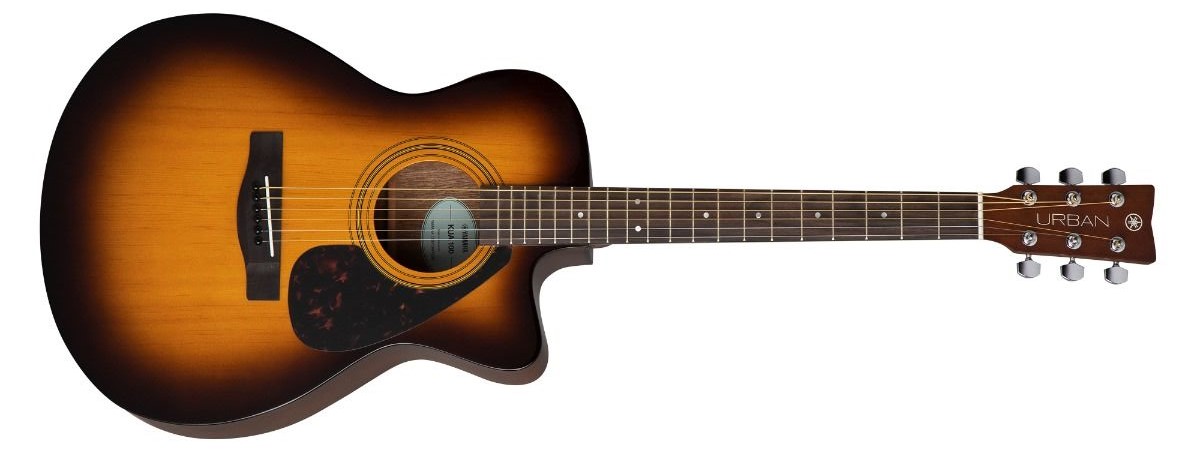
The respect and love I have for Keith and for Yamaha is special. They took the time to get to know me, and to recognize that I was a good fit for the project. It made me bring my A game because I understood the value of what they were creating. I appreciate that I was able to contribute to the curriculum. It was all about what we were teaching and how we could accomplish that in the most creative and successful way possible.
RT: What are your thoughts on music’s ability to bring people together and act as a power for healing?
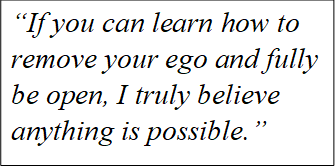
JUNO: It challenges me constantly. Not just the skill of it, but how I’m using it to connect with people. If you can learn how to remove your ego and fully be open, I truly believe anything is possible. I remember when I first started, my biggest concern was how impressive I could be during my guitar solo. I wanted to have the perfect tone and the right kinds of licks. When I matured and got past that, I started to realize that I was a part of something bigger than that … and when you’re part of something, it goes farther than you can even imagine.
You know, I went down to Brazil and got off the bus and jammed in communities that didn’t even speak English. I saw the impact and tears. I’ve played in hospitals where people were so sick they couldn’t even speak, but I saw their monitor jump. It wasn’t because of me, it was because of the music. These notes that have been around for thousands of years go beyond style and genre. It’s the frequencies that ring out of the strings that I think genuinely go into people’s souls and remind them of things they forgot and teach them things they never knew and make them feel things they haven’t felt in a long time. You can’t do that with words. It’s about the vibrations. I want to make sure those vibrations come from a pure and honest place.
Photograph of JUNO courtesy of Cooper Hopkins @cooper_hopkins
To learn more about JUNO, click here.
To learn more about the URBAN Guitar by Yamaha, click here.
Check out the URBAN Guitar by Yamaha.









